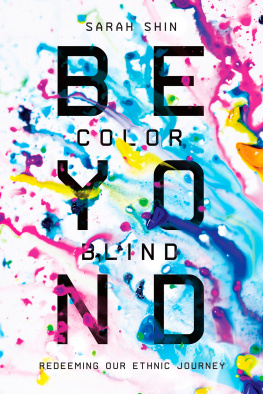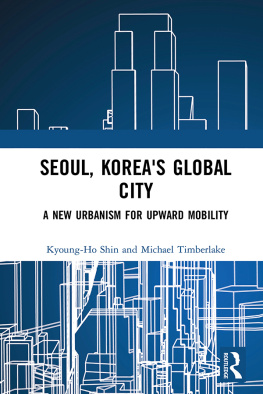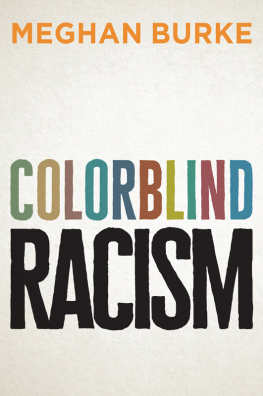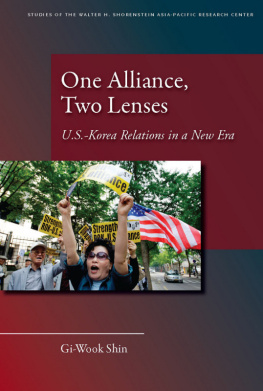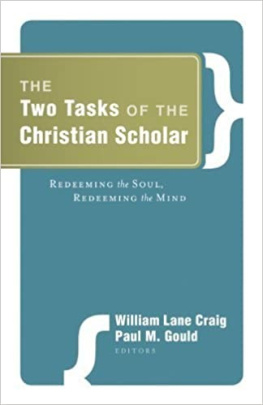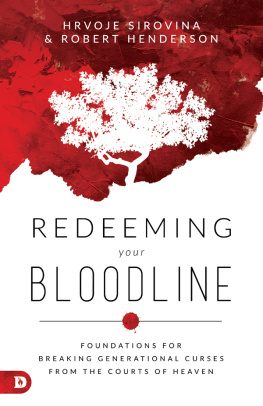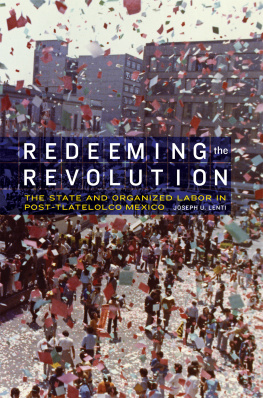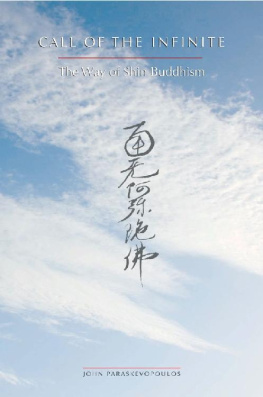Sarah Shin - Beyond Colorblind: Redeeming Our Ethnic Journey
Here you can read online Sarah Shin - Beyond Colorblind: Redeeming Our Ethnic Journey full text of the book (entire story) in english for free. Download pdf and epub, get meaning, cover and reviews about this ebook. year: 2017, publisher: InterVarsity Press, genre: Religion. Description of the work, (preface) as well as reviews are available. Best literature library LitArk.com created for fans of good reading and offers a wide selection of genres:
Romance novel
Science fiction
Adventure
Detective
Science
History
Home and family
Prose
Art
Politics
Computer
Non-fiction
Religion
Business
Children
Humor
Choose a favorite category and find really read worthwhile books. Enjoy immersion in the world of imagination, feel the emotions of the characters or learn something new for yourself, make an fascinating discovery.
- Book:Beyond Colorblind: Redeeming Our Ethnic Journey
- Author:
- Publisher:InterVarsity Press
- Genre:
- Year:2017
- Rating:4 / 5
- Favourites:Add to favourites
- Your mark:
- 80
- 1
- 2
- 3
- 4
- 5
Beyond Colorblind: Redeeming Our Ethnic Journey: summary, description and annotation
We offer to read an annotation, description, summary or preface (depends on what the author of the book "Beyond Colorblind: Redeeming Our Ethnic Journey" wrote himself). If you haven't found the necessary information about the book — write in the comments, we will try to find it.
Sarah Shin: author's other books
Who wrote Beyond Colorblind: Redeeming Our Ethnic Journey? Find out the surname, the name of the author of the book and a list of all author's works by series.
Beyond Colorblind: Redeeming Our Ethnic Journey — read online for free the complete book (whole text) full work
Below is the text of the book, divided by pages. System saving the place of the last page read, allows you to conveniently read the book "Beyond Colorblind: Redeeming Our Ethnic Journey" online for free, without having to search again every time where you left off. Put a bookmark, and you can go to the page where you finished reading at any time.
Font size:
Interval:
Bookmark:
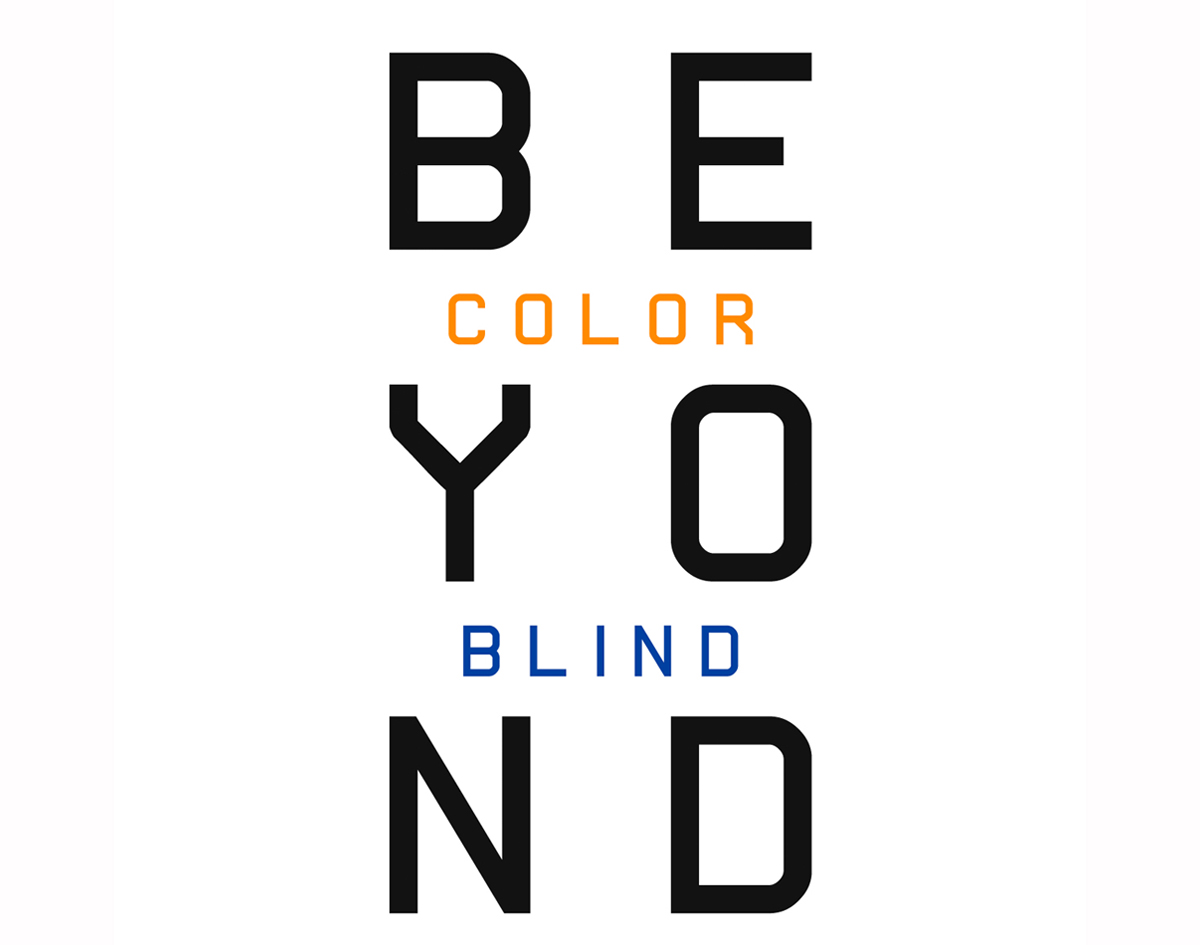
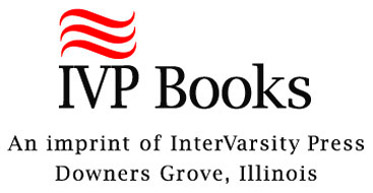
InterVarsity Press
P.O. Box 1400, Downers Grove, IL 60515-1426
ivpress.com
2017 by InterVarsity Christian Fellowship/USA
All rights reserved. No part of this book may be reproduced in any form without written permission from InterVarsity Press.
InterVarsity Press is the book-publishing division of InterVarsity Christian Fellowship/USA, a movement of students and faculty active on campus at hundreds of universities, colleges, and schools of nursing in the United States of America, and a member movement of the International Fellowship of Evangelical Students. For information about local and regional activities, visit intervarsity.org.
All Scripture quotations, unless otherwise indicated, are taken from The Holy Bible, New International Version, NIV. Copyright 1973, 1978, 1984, 2011 by Biblica, Inc. Used by permission of Zondervan. All rights reserved worldwide. www.zondervan.com The NIV and New International Version are trademarks registered in the United States Patent and Trademark Office by Biblica, Inc.
While any stories in this book are true, some names and identifying information may have been changed to protect the privacy of individuals.
adapted from Edward T. Hall, Beyond Culture (New York: Anchor Books, 1976). Iceberg image Lonely-iStockphoto/Getty Images
Cover design: Faceout Studio, Tim Green
Interior design: Daniel van Loon
Images: Color abstract: Luca Pierro/Stocksy
ISBN 978-0-8308-8897-9 (digital)
ISBN 978-0-8308-4515-6 (print)
This digital document has been produced by Nord Compo.
To Shin, my husband.
You help me see and live in color every day.
ONE
Michael, a twenty-four-year-old black man, was sharing with his small group about some hurtful experiences with racism that he had endured in the past year.
An elderly white woman tried to respond to his sharing with grandmotherly kindness.
Oh Michael, when I see you, I see you. I dont see your color.
Michael didnt know what to say, so he said nothing. But internally he thought, Im a black man from Los Angeles. If you dont see my color, you might as well not see me at all.
Using the paradigm of colorblindness, the woman was trying her best to affirm Michaels humanity and dignity. She was trying to say, Im not one of those racist people who thought color was a reason to degrade you.
But what Michael heard was invalidation: I dont see you.
Why did they miss each other?
In the past, seeing color meant believing that society should be unevenly and unjustly divided by color. Today, many see colorblindness as a corrective to the problems of racism and prejudice. People who are eager to separate themselves from overt racists like to declare themselves colorblind.
You might have picked up this book for one of two reasons: you believe in colorblindness, or youre disenchanted by it. If youre the former, you might see our present diversity in the United States and across the world as the triumph of a diverse, colorblind society. Colorblindness and diversity are celebrated in universities, workplaces, and churches alike. We elected a black president, not once, but twice. Surely these are signs of a post-racial society.
However, in 2015, a twenty-one-year-old white man killed nine parishioners and pastors that had welcomed and prayed with him at Emanuel African Methodist Episcopal Church, a historic black church in Charleston, South Carolina. When he was apprehended, the man confessed to wanting to start a race war between white and black. He was a self-proclaimed white supremacist.
This massacre is only one of the many stories of heartbreak and injustice affecting the black community. Trayvon Martin, Tamir Rice, Eric Garner, Michael Brown, and Sandra Bland have become the known names of black men, women, and children who died at the hands of white men and law enforcement officials who were not indicted. The public outcry against these and many other deaths of black Americans at the hands of police led to the Black Lives Matter movement. Some insist that education is the answer to eliminating racism, but our universities dont seem any better. In recent years, students vandalized Northwestern Universitys interfaith chapel with ethnic and homophobic slurs. Harvard Law School students placed strips of tape across display photographs of black professors. White dorm-mates at San Jose State bullied a black student, calling him the N-word and three-fifths of a person while repeatedly forcing a bike-lock chain around his neck. If education is the answer to racism, why do even our top schools seemed plagued by racial brokenness?
On top of this, Muslim Middle Eastern students at North Carolina State University were shot and killed in an altercation with a white neighbor in 2015. An Asian couple and a Puerto Rican man were gunned down by a white neighbor in Milwaukee for not speaking English. The election campaign of 2016 exposed all sorts of rhetoric against Mexicans, immigrants, Muslims, and more. White nationalist movements are more visibly public. Similar nationalist, anti-immigrant, and anti-refugee mantras reverberate through Europe and the rest of the world.
We are not a colorblind society. These issues are not colorblind. They are racially and ethnically charged.
In a documentary about racial peace, Archbishop Desmond Tutu and Dr. John Hope Franklin discuss the colorblind issue. Franklin says there are people who think we dont need to do anything about the problems that we have and just think colorblind and the problems will themselves disappear. Tutu and Franklin assert that colorblind people have a hard time seeing the existing racial inequality and injustice. Individuals claiming colorblindness cannot address racial issues that they cannot see.
Naomi Murakawa, a professor in African American history, writes, If the problem of the twentieth century was, in W. E. B. Du Boiss famous words, the problem of the color line, then the problem of the twenty-first century is the problem of colorblindness, the refusal to acknowledge the causes and consequences of enduring racial stratification. Its slavery in the twenty-first century by another name. If you are part of an ethnic community that is struggling with the lasting effects of racism on your personal life and family, colorblindness isnt much comfort in your time of need.
The second point that Tutu and Franklin raise is that differences are not inherently bad. In fact, according to Tutu, differences are not intended to separate, to alienate. We are different precisely in order to realize our need of one another. Colorblindness seems to deny the beautiful variations and cultural differences in our stories. How would you feel if you shared something thats part of your Chinese, black, Irish, or Colombian background, and someone replied, Im colorblind!? Blind to what? The food, stories, and cultural values that make up the valid and wonderful parts of who we are?
Colorblindness, though well intentioned, is inhospitable. Colorblindness assumes that we are similar enough and that we all only have good intentions, so we can avoid our differences. Given the ethnic tensions exposed by the 2016 election, were seeing instead that our stories
Font size:
Interval:
Bookmark:
Similar books «Beyond Colorblind: Redeeming Our Ethnic Journey»
Look at similar books to Beyond Colorblind: Redeeming Our Ethnic Journey. We have selected literature similar in name and meaning in the hope of providing readers with more options to find new, interesting, not yet read works.
Discussion, reviews of the book Beyond Colorblind: Redeeming Our Ethnic Journey and just readers' own opinions. Leave your comments, write what you think about the work, its meaning or the main characters. Specify what exactly you liked and what you didn't like, and why you think so.

